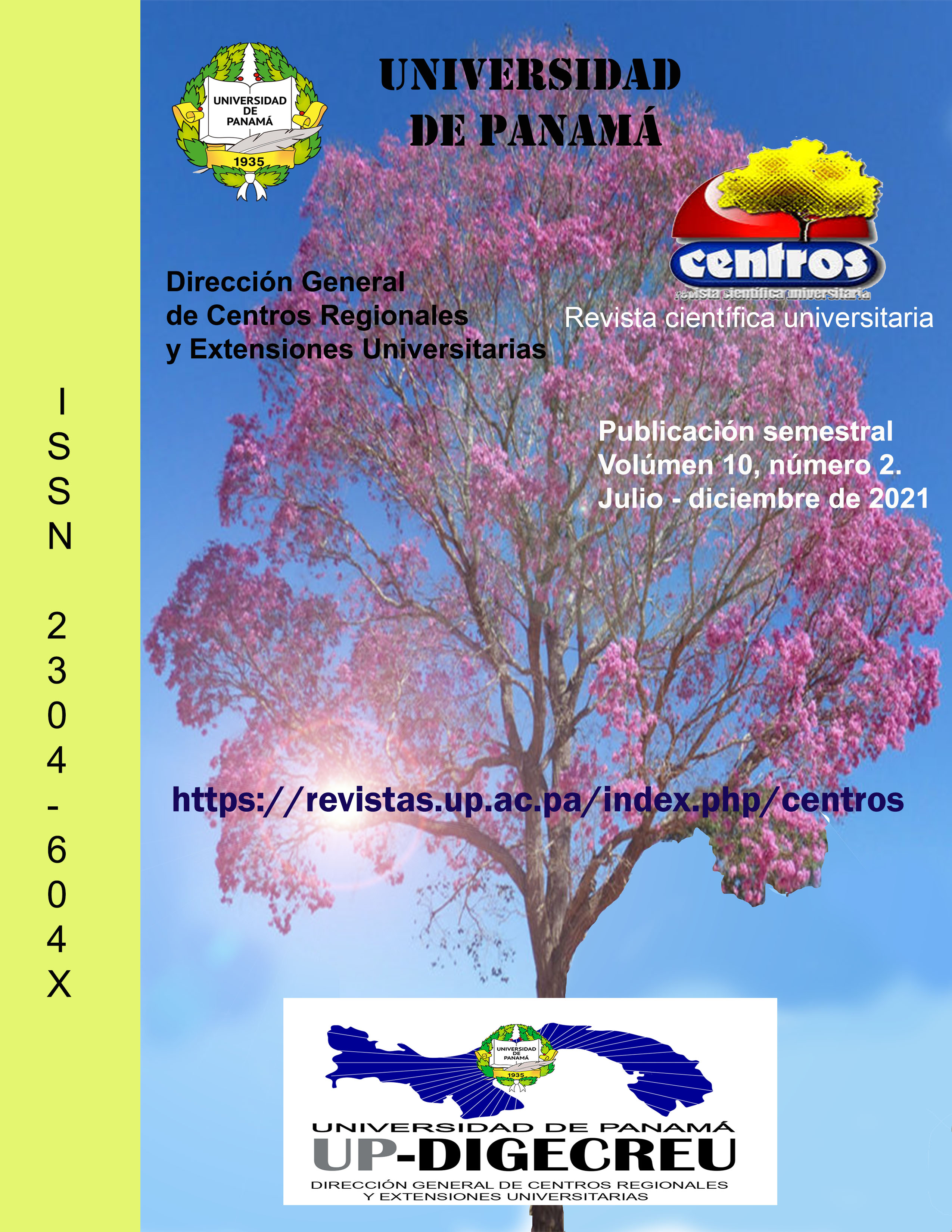

La crisis humanitaria en los diversos países de América Latina ha generado la población migrante, una amenaza que atenta contra la salud mental, denominado como Síndrome de Ulises. La presente revisión tiene como objetivo el describir las características epidemiológicas, la sintomatología del Síndrome de Ulises en migrantes latinoamericanos e identificar el tipo de intervención psicoterapéutica más empleada en el tratamiento. Se realizó una revisión documental, usando las siguientes estrategias de búsqueda: en relación a bases de datos científicas con los criterios de selección, que reúnan las dos variables de estudio y sean elaborados partir del año 2015 al 2020, en español o inglés, en poblaciones migrantes, mayores de 18 años, independientemente
del género, que hayan sido diagnosticadas con el síndrome de Ulises; se acopiaron 110 artículos de los cuales se seleccionó únicamente 53 y se descartó los restantes. Los resultados reflejan al síndrome de Ulises como el cuadro clínico ocasionado por el estrés al límite que enfrentan los migrantes, la sintomatología se presenta en las áreas: ansiosa, depresiva, somatomorfa, en la personalidad, entre otras; los estudiosos de este síndrome han sugerido una intervención terapéutica multidisciplinaria, con la participación de: médicos, educadores, trabajadores sociales, enfermeros; esta terapia está dirigida a potencializar la resiliencia del inmigrante, empoderarle, enseñarle técnicas de afrontamiento del estrés e involucrarlo en redes sociales de apoyo conformadas por migrantes. Se concluye que este síndrome forma parte de las afecciones de la salud mental y que debe ser diagnosticado y tratado de manera oportuna.